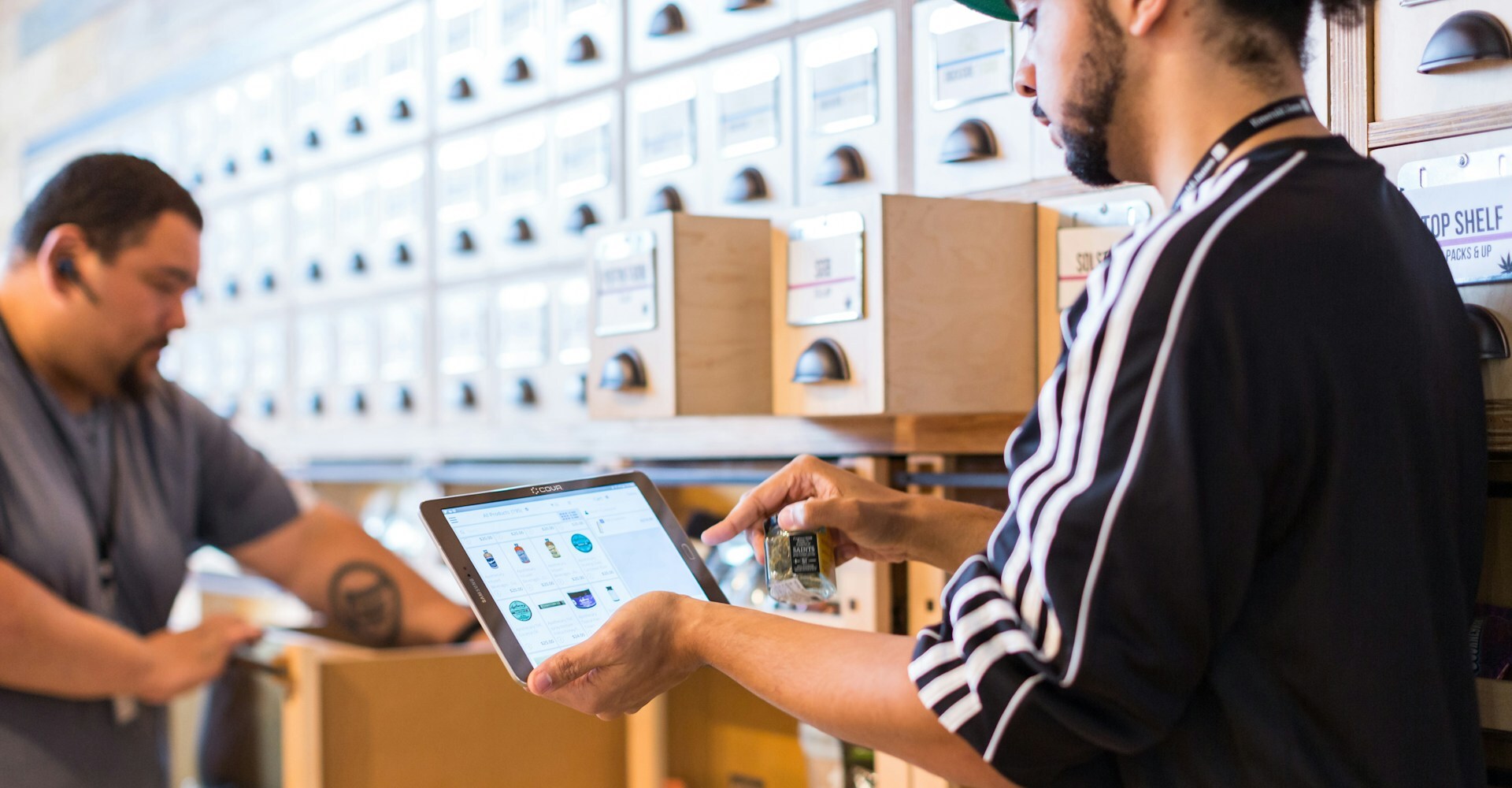Take a closer look at the FTAs currently in place between the UK and other parts of the world
Free Trade Agreements (FTAs) play a pivotal role in shaping the landscape for businesses, including online retailers, but they can be daunting things to navigate, and their benefits are often overlooked.
So, we thought we’d take a closer look at the FTAs currently in place between the UK and other parts of the world, to help shed light on the tangible benefits they bring to online retailers.
What Are Free Trade Agreements (FTAs)?
First of all, Free Trade Agreements are bilateral or multilateral agreements between countries that aim to reduce or eliminate barriers to trade.
Which is basically a boring way of saying they make selling your products overseas easier.
Normally, barriers to markets in other countries can things like tariffs, quotas, and lack of IP protection.
FTAs help reduce or remove these barriers to help create a more open and efficient global marketplace.
FTAs in the UK
Post-Brexit, the UK has been actively creating its own trade agreements across the world, including with the EU.
As of December 2023, the UK has FTAs with 69 countries, not including the 27 countries in the EU which are collectively covered by the UK-EU Trade and Cooperation Agreement treaty.
Full details of each FTA can be found at Gov.UK, but here are the most recent FTAs to have been put in place.
- UK-Australia and New Zealand Free Trade Agreement: Under the deals' beneficial terms tariffs on all UK goods exports to Australia and New Zealand will be removed, unprecedented access to these markets for services unlocked, and red tape slashed for digital trade and work visas. Each region and nation of the UK is expected to benefit. Read more about how best to make the most of this FTA in Australia at our recent article https://www.asendia.co.uk/asendia-insights/how-can-uk-e-tailers-benefit-from-the-uk-australia-trade-deal
- Singapore Digital Economy Agreement: This includes binding disciplines for digital economy, such as data, as well as cooperative elements in a wide range of emerging and innovative areas such as Artificial Intelligence, fintech and regtech, digital identities and legal technology.
- Japan Comprehensive Economic Partnership Agreement: This agreement enhances economic ties between the UK and Japan, promoting smoother trade and cooperation. Online retailers benefit from reduced tariffs and improved market access under this FTA.
- Norway, Iceland and Liechtenstein Free Trade Agreement: This agreement on trade in goods includes provisions on market access, tariffs, tariff rate quotas, rules of origin and customs. It helped ensure zero-rate tariffs on industrial products and sought continuity on tariffs and tariff rate quotas for agricultural and fish products.
While it’s been in place since April 2021, it’s also worth highlighting the trade agreement with the EU.
Although not strictly an FTA, the EU-UK Trade and Cooperation Agreement between the UK and the European Union (EU) after Brexit is crucial.
The UK Government says this sets the tone for trade relations between the UK and what is its largest trading partner, impacting various sectors, including online retail access to 27 countries at once
So, now you know what countries UK businesses have easier access to, what are the benefits of the FTAs in place:
- Tariff Reduction or Elimination: FTAs typically result in reduced or eliminated tariffs on goods traded between participating countries. For online retailers, this means cost savings in importing and exporting products, making goods more competitively priced in international markets.
- Enhanced Market Access: FTAs often provide online retailers with increased access to new markets. By lowering trade barriers, these agreements open doors to expanded customer bases, allowing retailers to tap into previously restricted or expensive markets.
- Simplified Customs Procedures: Streamlined customs processes are a hallmark of many FTAs. Online retailers can benefit from simplified procedures, reducing delays and administrative burdens associated with cross-border trade.
- Regulatory Consistency: FTAs often encourage regulatory alignment between countries, making it easier for online retailers to comply with standards and regulations in different markets. This reduces the complexity and costs associated with adapting products and services to varying regulatory frameworks.
- Promotion of Digital Trade: As e-commerce becomes increasingly prevalent, many FTAs, including those involving the UK, address digital trade issues. This can be particularly advantageous for online retailers, as it facilitates the smooth flow of digital services and transactions across borders.
Free Trade Agreements are certainly powerful tools that shape the global trade landscape.
For online retailers in the UK, being aware of and leveraging the benefits provided by these agreements can be a game-changer.
From reduced tariffs to enhanced market access and simplified customs procedures, FTAs create a more conducive environment for international trade, paving the way for online retailers to thrive in the competitive world of global e-commerce.
But, while they make those markets more accessible from a business perspective, the practical aspects, like how you get your products to your new overseas customers, may still seem daunting.
So, partnering with companies like Asendia, is good advice as they already have a wealth of knowledge about multiple locations across the world, which you can utilise to grow your business elsewhere.
In fact, Asendia has a network spanning 220 countries and territories, with a physical presence in 17 of them such as Singapore and Hong Kong, Australia and New Zealand, Switzerland, France, Germany, Austria, Italy, Nordics, Benelux, Spain, the United States, and of course the UK.
Find out how to make the most of this established network by getting in touch.






